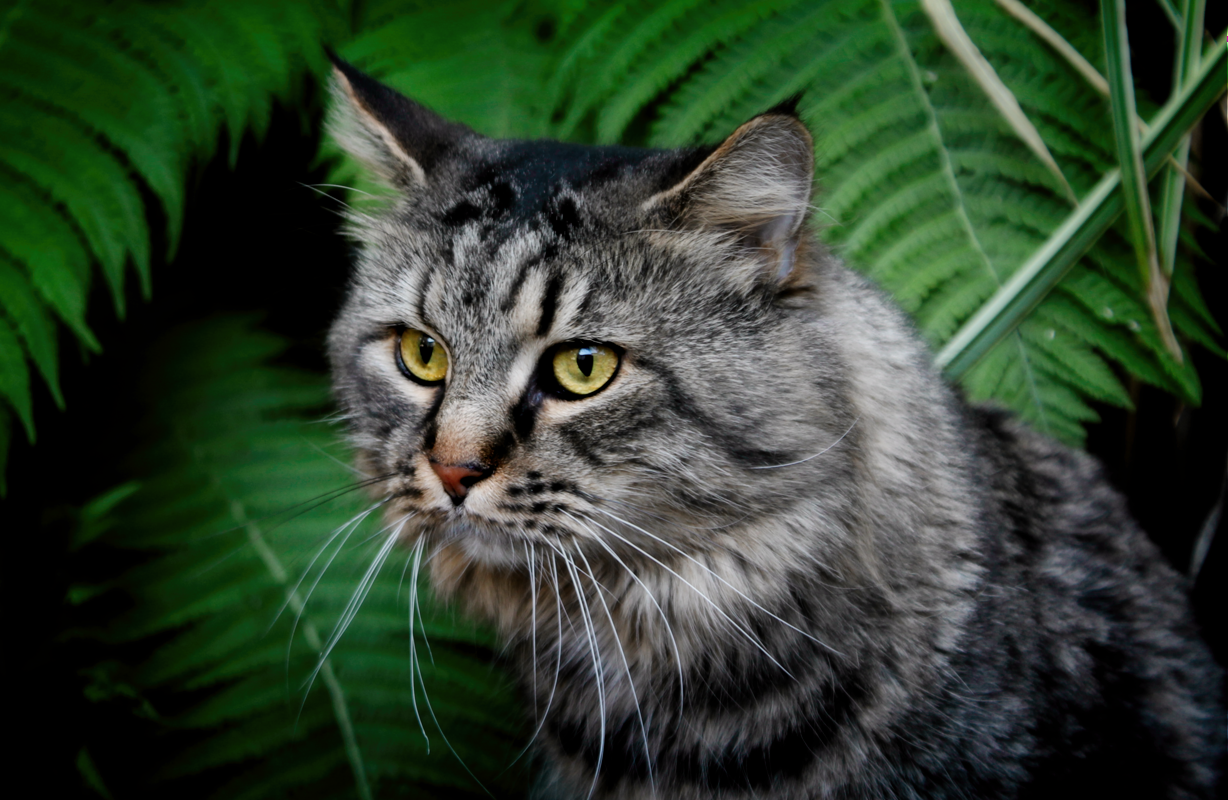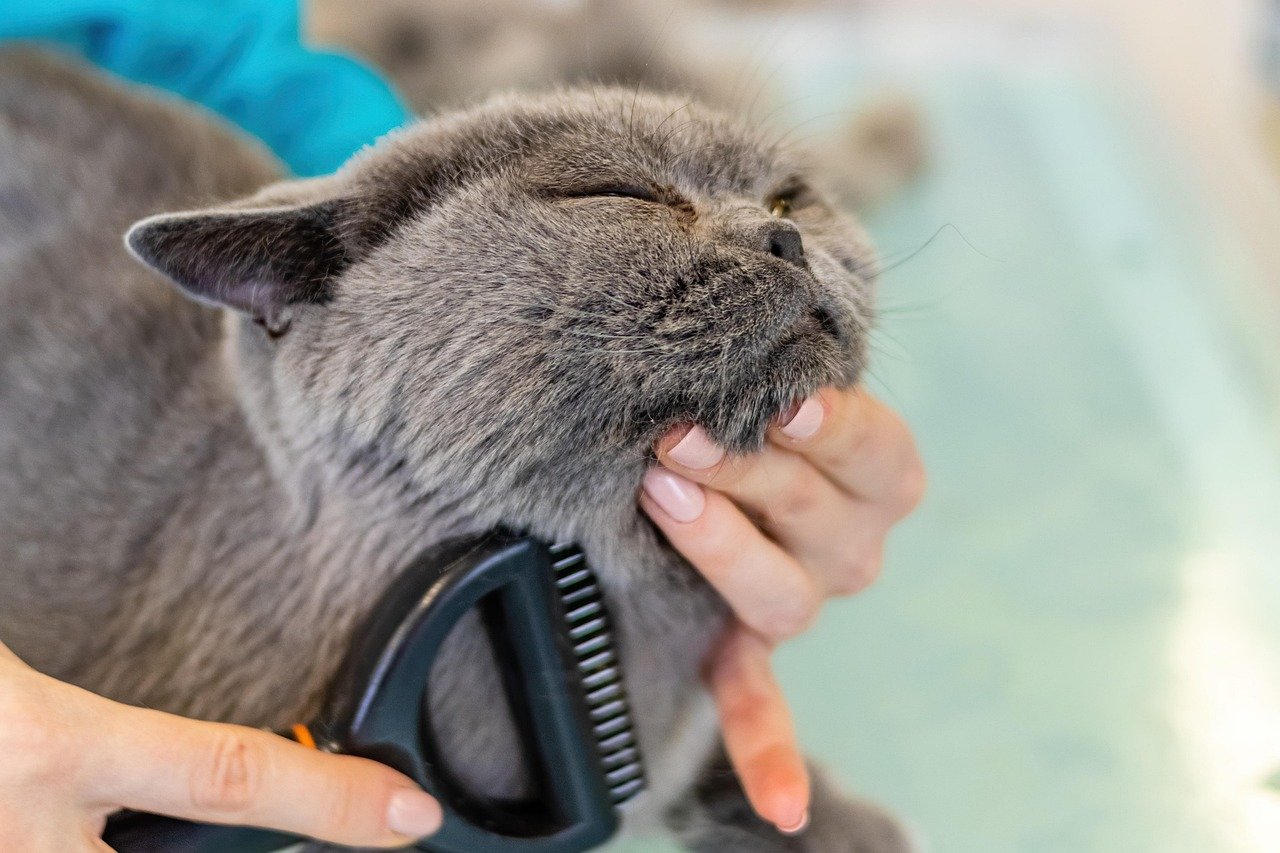Have you ever gazed into your cat’s eyes and felt that unspoken connection—only to wonder, one day, why your furry companion suddenly seems distant or aloof? The bond between humans and cats is magical, delicate, and sometimes, heartbreakingly fragile. As cat lovers, we adore our feline friends, but sometimes, without even knowing it, we can damage that sacred trust. Some mistakes are shockingly easy to make, and the consequences can be more serious than you imagine. If you truly cherish that unique relationship, you’ll want to know the top things that can quietly—or suddenly—break the bond between you and your cat.
Ignoring Your Cat’s Need for Personal Space
Cats may be independent by nature, but the bond they share with their humans is deep, meaningful, and built on trust. Unlike dogs, cats don’t wear their emotions on their sleeves—but when that connection starts to fray, they do let you know in their own subtle (and sometimes not-so-subtle) ways. Whether it’s ignoring their boundaries, mishandling stress, or simply missing the signs they’re giving you, certain actions can slowly chip away at the relationship you’ve built.
Cats are famously independent creatures. While they may curl up in your lap one moment, the next, they might crave solitude. Ignoring your cat’s signals when they want to be alone can make them feel overwhelmed or even threatened. Forcing attention or cuddles when your cat is hiding or turning away often leads to stress and resentment. Cats need to feel in control of their environment. If you constantly intrude on their personal space, your cat may begin to avoid you, seeing you as a source of discomfort rather than safety. Respecting their boundaries is key; give them the freedom to seek you out when they want affection. Think of it as giving a shy friend the room to breathe—you wouldn’t want to smother them, right? Over time, honoring their need for space helps your cat trust you more deeply.
Sudden Changes in Routine
Cats are creatures of habit. They find comfort in regular feeding times, familiar sounds, and predictable daily events. Abrupt changes—like moving to a new home, shifting feeding schedules, or introducing new pets without warning—can leave a cat feeling anxious and insecure. Even something as simple as changing the brand of litter or rearranging furniture can throw your cat off balance. When their world is turned upside down, cats may withdraw or act out, damaging the trust you’ve built. To keep your bond strong, try to make transitions gradual. If a change is unavoidable, give your cat extra reassurance and patience. Imagine how you’d feel if your whole world changed overnight without explanation—it’s no surprise cats struggle, too.
Lack of Gentle Communication

Cats may not understand every word you say, but they are experts at reading your tone and body language. Speaking harshly, yelling, or using sudden movements can frighten your cat and make them wary of you. Gentle, calm communication is essential for building and maintaining trust. Soft tones, slow blinking, and relaxed gestures help your cat feel safe and loved. If you often raise your voice or gesture abruptly, your cat might start associating you with fear, not comfort. Remember, cats communicate differently than dogs—they’re subtle, sensitive, and cautious. Treat every interaction as an opportunity to show your cat that you’re a friend, not a threat. Over time, your patience and gentle approach will pay off in purrs and head bumps.
Neglecting Playtime and Enrichment
Play isn’t just fun for cats—it’s vital for their mental and physical health. Without regular play and stimulation, cats can become bored, depressed, or even destructive. Neglecting your cat’s need for enrichment can make them feel ignored or unimportant. Toys, scratching posts, interactive games, and even simple cardboard boxes can keep your cat entertained and engaged. Playtime also strengthens your bond, as it’s a chance for shared joy and positive interaction. If you skip these moments, your cat might start to feel disconnected or seek stimulation elsewhere, sometimes in ways you won’t appreciate. Make play a daily ritual, even if it’s just a few minutes, and watch your relationship blossom.
Punishing or Scolding Your Cat
One of the quickest ways to break the bond with your cat is through punishment. Cats don’t respond to scolding or physical discipline the way some other animals might. Hitting, yelling, or using spray bottles only teaches your cat to fear you. Instead of understanding what they did wrong, your cat simply learns that you can be unpredictable and scary. This fear can linger, causing lasting damage to your relationship. Positive reinforcement—rewarding good behavior with treats, praise, or play—is far more effective. Think about how you’d feel if someone you trusted suddenly became frightening; that’s how your cat feels when punished. Focus on building trust, not tearing it down.
Forgetting About Health and Hygiene
A healthy cat is a happy cat. Ignoring your cat’s health, whether it’s skipping vet visits, neglecting grooming, or failing to provide clean litter boxes, can make your cat feel uncomfortable and neglected. Pain or illness often causes behavioral changes, including withdrawal or aggression, which can damage your bond. Regular brushing, clean litter, and prompt medical care show your cat that you care about their well-being. Cats are experts at hiding discomfort, so it’s up to you to notice subtle changes and respond quickly. Remember, a cat who feels good is much more likely to seek out your company and affection.
Not Respecting Their Hiding Spots
Every cat needs a safe place to retreat. Whether it’s under the bed, inside a cozy box, or on a high shelf, these hiding spots are sacred territory. If you invade these spaces or drag your cat out against their will, you risk breaking their trust. These spots are where your cat goes to feel safe, especially during stressful times. Respecting these boundaries helps your cat feel secure and in control. If your cat is hiding, give them space and let them come out when they’re ready. Over time, they’ll learn that you’re a safe presence, not a threat to their sanctuary.
Forcing Unwanted Interactions
It’s tempting to show off your adorable cat to friends or family, but forcing them to interact with strangers, children, or even other pets can be traumatic. Some cats are social butterflies, while others are painfully shy. Forcing unwanted interactions can lead to anxiety and erode the trust they have in you. Always allow your cat to approach new experiences at their own pace. If they want to hide or observe from a distance, let them. Building confidence takes time, and respecting your cat’s comfort zone is essential for a strong, lasting connection.
Overlooking Signs of Stress

Cats communicate through subtle cues: flattened ears, twitching tails, hiding, or changes in appetite. Ignoring these signs of stress can make your cat feel unsupported and alone. Chronic stress can lead to health problems and behavioral issues, further weakening your bond. Pay attention to your cat’s mood and body language. If they seem anxious or upset, try to identify the cause and address it. Sometimes, a small change—like moving their bed away from a noisy area—can make a big difference. Showing empathy and understanding during difficult times deepens your relationship.
Inconsistency in Care and Attention

Cats thrive on consistency. If your attention, affection, or care is unpredictable, your cat may feel insecure. Skipping feedings, forgetting playtime, or only offering affection on your terms teaches your cat that they can’t rely on you. This inconsistency can slowly erode trust and make your cat withdraw. Aim for steady routines and regular moments of connection. A reliable, loving presence is the foundation for a strong bond with your cat. Just as you’d want a friend who is always there for you, your cat needs that same dependable love and care.

Andrew Alpin from India is the Brand Manager of Doggo digest. Andrew is an experienced content specialist and social media manager with a passion for writing. His forte includes health and wellness, Travel, Animals, and Nature. A nature nomad, Andrew is obsessed with mountains and loves high-altitude trekking. He has been on several Himalayan treks in India including the Everest Base Camp in Nepal.





